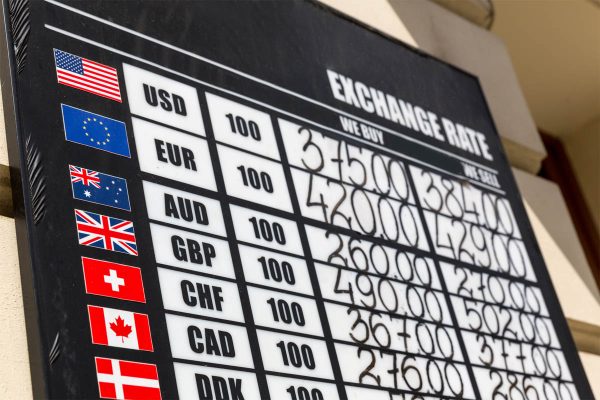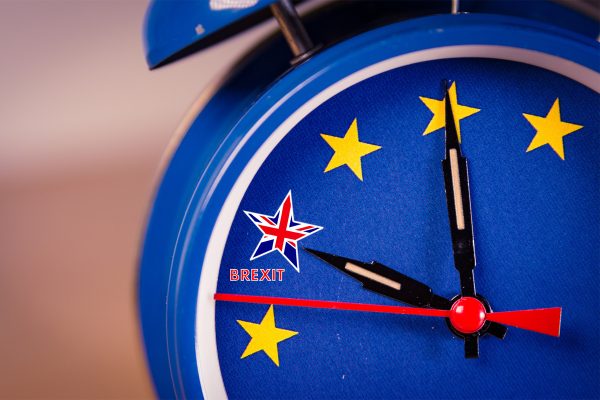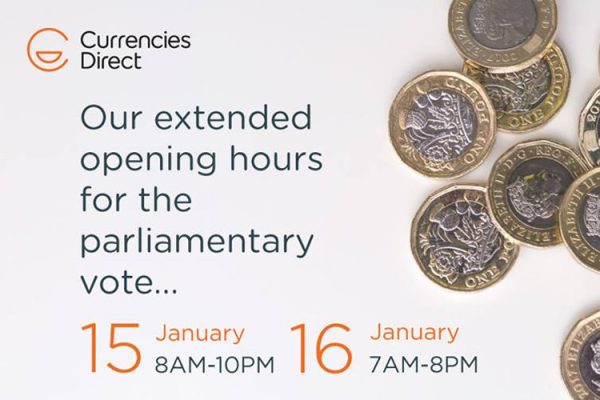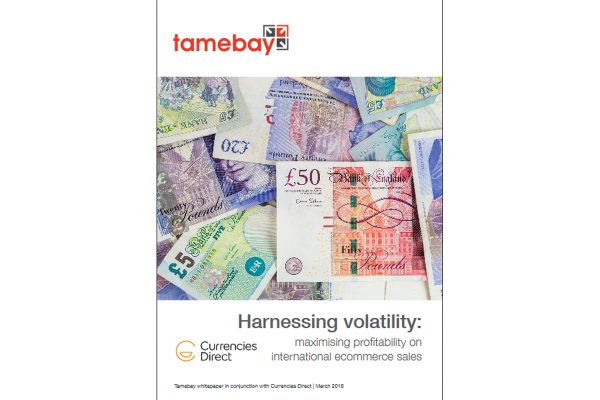Phil McHugh is the Chief Treasury Analyst at Currencies Direct and shares his thoughts on currency movements so far this year:
What a huge turn of fortunes for the pound after hitting highs in mid-April of 1.4370 versus the USD it is currently sitting over 10 cents lower (8%) in just over a month. Against the euro it has also fallen around 1.5% and on a trade weighted basis against a basket of currencies it is down over 4%.
It was all looking so good in April and momentum was building nicely towards an interest rate hike at the May meeting. The rot started with confirmation that wage growth failed to pick up and then inflation fell faster than expected and retail data was also weak. The data prompted Mark Carney to walk back expectations for a hike at the May meeting and the probability of a hike fell from over 80% down to 50%. The cherry on top was confirmation that GDP for the first quarter of 2018 came in at a very weak 0.1% and confirmed the weakest growth rate since 2012. The miss on GDP was much bigger than expected even if you consider temporary factors such as the weather and the collapse of Carillion.
It was then easy to see why the Bank held firm on interest rates at the May meeting and there has been justification in that decision with confirmation that April’s inflation also fell more sharply than expected. The softer inflation data for April continues the bad news for the pound and we are likely to continue to move lower towards 1.30 versus the USD. This data now puts a lid on talk of a hike in August and the Bank of England are likely to sit on their hands until next year. The speed rate of future rate hikes is likely to be very slow with only a quarter percentage point per year to 2020.
Confirmation of falling inflation is however good news for consumers with the gap between wage growth and inflation now growing further. With inflation expected to continue to fall toward 2% and wage growth likely to pick up, we are finally seeing a trend of wages outpacing inflation and this should in time trickle through to businesses. In addition, the fact that borrowing costs are not expected to rise sharply will help ease the pressure on businesses and consumers. A very gradual path on interest rates sets the guidance that rates will remain low for some time and allows individuals and businesses to plan for a slow hiking cycle.
Although the path of interest rates now looks more likely to be slow and gradual we are seeing more volatility in the pound which looks set to continue. Looking ahead, we expect volatility to remain high as the market looks at momentum from the Bank of England, Brexit negotiations and wider impacts such as global growth, trade wars and global tensions. The current lean with the pound is that the outlook will continue to be soft in the short to medium term with the potential for further downside on the back of weaker growth, Brexit negotiations and a more dovish Bank of England. Only a strong run of data and some real progress on Brexit would be likely to swing the fortunes the other way.
Heightened volatility in the pound makes it more difficult for businesses to plan and get certainty. Of course, if your business benefits from a weaker pound the recent movement will be beneficial, however at some stage the move could be the other way and volatility will eventually bite. Bigger firms manage currency volatility with the use currency management tools to gain certainty and smooth their profits, smaller companies are less likely to do so despite the fact that technology advances mean these tools are now open to them. Any business with a material currency exposure should seek to review how to best manage this so they can navigate volatile markets and grow over the long term.










One Response
Whatever the volatility of the exchange rate, you can be sure that Paypal will be on the right side of the equation – for them.
Ludicrously bad exchange rate for converting dollar to sterling balances, with no option but to take the hit.
Latest “legal information” email from Paypal also had yet another commission fee hike on foreign currencyies – increased now to 3.5% for dollar to pound, on top of their already shoddy exchange rate.
Why can’t the OFT look at this and stop payment gateways ripping sellers off on foreign currency ???